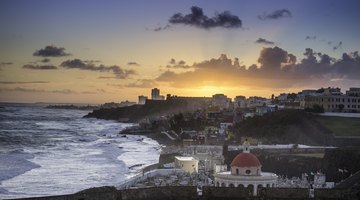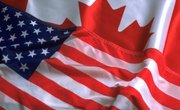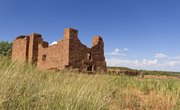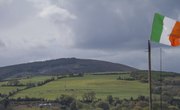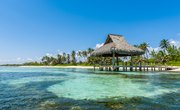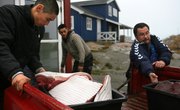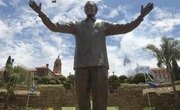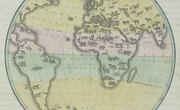Although Puerto Ricans consider themselves “American,” the culture is truly distinct and separate from mainstream American culture. Puerto Ricans maintain their culture through the Spanish language and their cultural traditions. Puerto Ricans are proud of their heritage and unwilling to completely Americanize their culture and way of life.
Political Structure
Puerto Rico is a commonwealth of the United States and Puerto Ricans are United States Citizens. As a commonwealth, Puerto Rico has its own constitution; unincorporated territories of the United States fall under the United States Constitution and political framework. The United States president and vice president are also the president and vice president of Puerto Rico. Puerto Rico has a governor like any other state. The difference between Puerto Rico and the United States is in the legislative body. Puerto Rico’s legislature is comprised of 51 seats in the House of Representatives and 27 Senate seats and is in no way connected to United States Congress. Puerto Rico does not have any representation in the United States Congress. Puerto Ricans pay Social Security tax but do not pay any federal taxes. They also serve in the United States military and are not permitted to vote in presidential elections.
Language and Identity
Spanish is the cultural language of Puerto Rico. English is the legal language and must be taught in school. The United States has tried to make Puerto Rico an English-speaking culture but Puerto Ricans resist speaking English only. In 1993, Puerto Rican legislation was passed maintaining both English and Spanish as equal official languages.
Culture
The Catholic faith shapes Puerto Rican culture. As with many Caribbean nations, Catholicism infused with African traditions has created new Creole faiths such as Santeria and Espiritismo. Santeria and Espiritismo have also combined and are referred to as Santerismo. Santerismo is a healing faith and Puerto Ricans rely on Santerismo in lieu of practicing psychology, as is the norm in the United States.
Family life and roles within the family are very pronounced in Latin culture. Hispanic concepts of a male-dominated family structure restrict women’s roles in and out of family life. Progressive women risk being ostracized from their culture.
Puerto Ricans who have migrated to the United States mainland have created a hybrid Puerto Rican-American culture in areas like New York. A Nuyorican is a New Yorker who was either born in Puerto Rico or is of Puerto Rican descent.
Holidays
Traditional American holidays of President’s Day, Memorial Day, Independence Day, Labor Day, Veterans Day and Thanksgiving are observed in Puerto Rico. In addition to American holidays, Puerto Ricans also celebrate the traditional Catholic holiday of the Epiphany, or Three Kings Day. In addition, they observe days relating to Puerto Rican heritage. They celebrate Eugenio María de Hostos’s Birthday, José de Diego’s Birthday, Luis Muñoz Rivera's Birthday and Commonwealth of Puerto Rico Day.
Natural Resources
Puerto Rico’s natural resources are very unique and not found anywhere else in the United States. The El Yunque rain forest is the only tropical rain forest maintained by the United States National Forest Service. Puerto Rico is also home to two phosphorescent bays. A phosphorescent bay, also called a bioluminescent bay, is alive with microorganisms that glow at night when agitated. The bioluminescent bays of Fajardo and Vieques Island are popular destinations for ecotourists.
Related Articles
References
Writer Bio
Jodi Strehlow has been a freelance writer since 1992 and has experience writing employee how-to handbooks. Jodi earned an Associate of Arts in social and behavioral sciences from Merritt College and a Bachelor of Arts in English literature from San Francisco State University.

